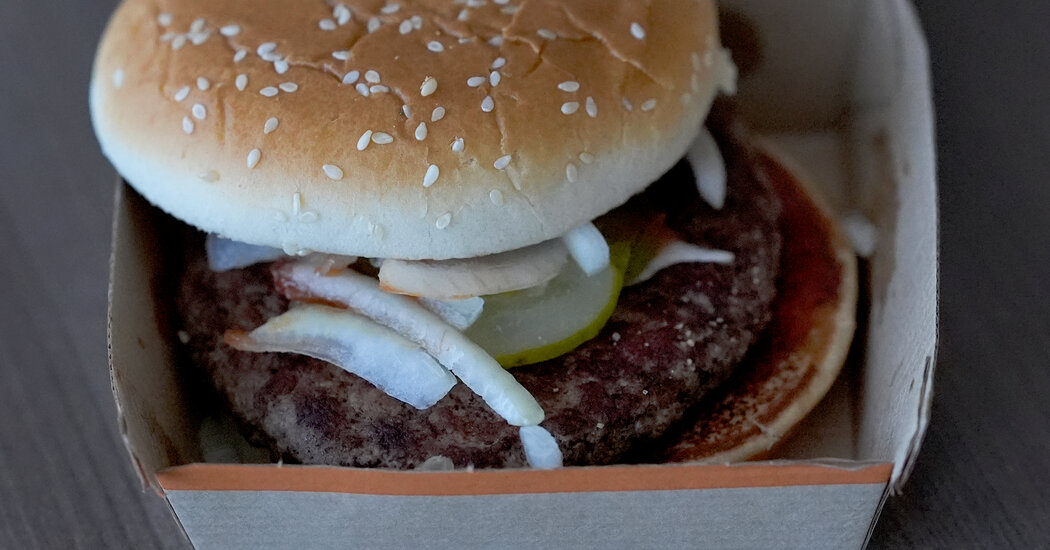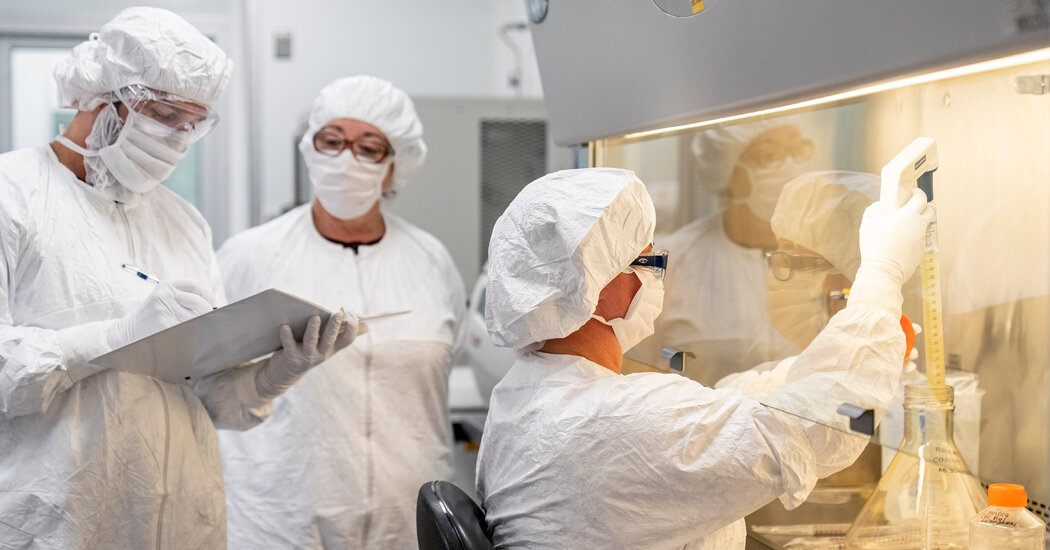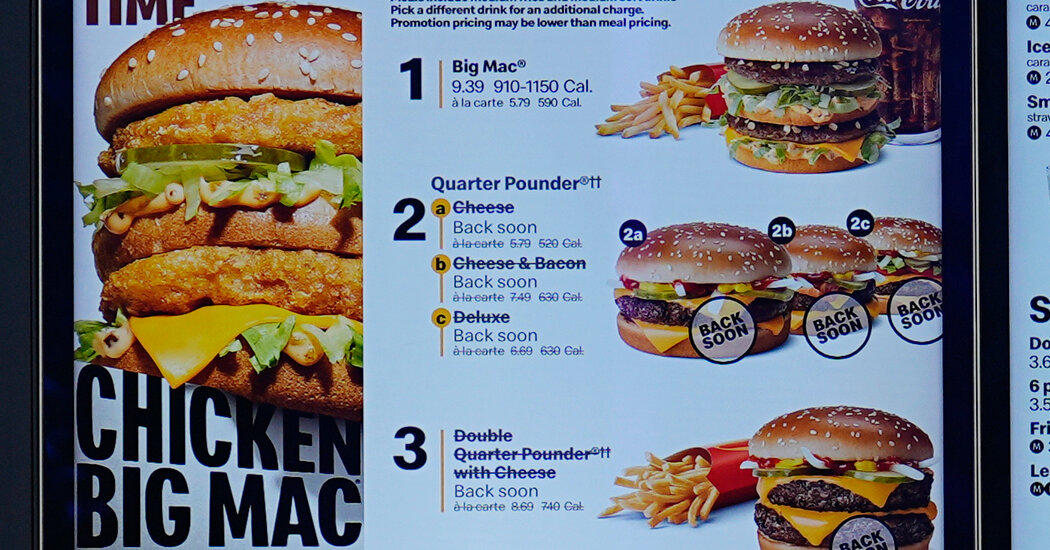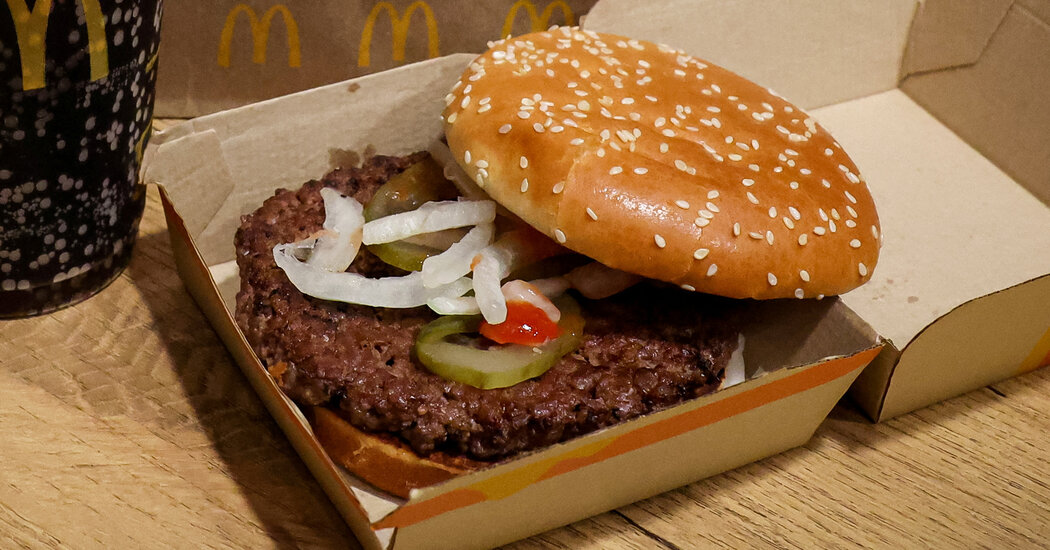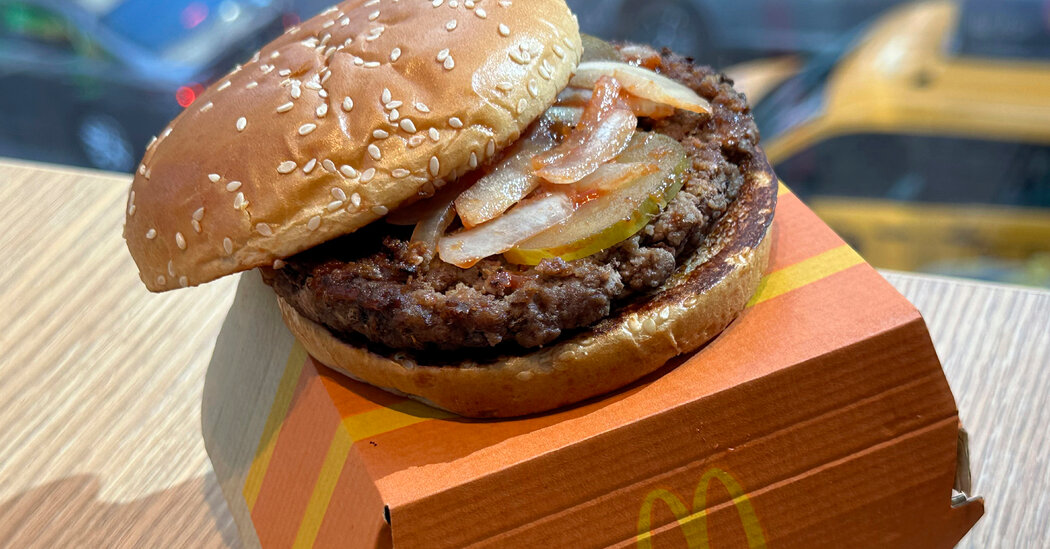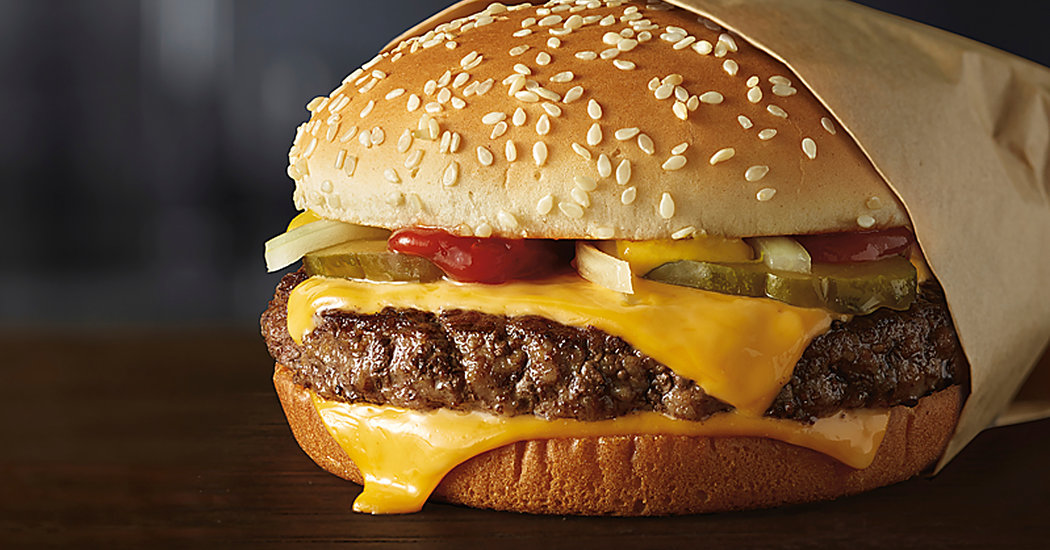Nobel Laureates Urge Senate to Turn Down Kennedy’s Nomination
Elevating Mr. Kennedy to secretary of H.H.S. “would put the public’s health in jeopardy,” more than 75 laureates wrote.More than 75 Nobel Prize winners have signed a letter urging senators not to confirm Robert F. Kennedy Jr., President-elect Donald J. Trump’s pick to lead the Department of Health and Human Services.The letter, obtained by The New York Times, marks the first time in recent memory that Nobel laureates have banded together against a Cabinet choice, according to Richard Roberts, winner of the 1993 Nobel in Physiology or Medicine, who helped draft the letter. The group tries to stay out of politics whenever possible, he said.But the confirmation of Mr. Kennedy, a staunch critic of mainstream medicine who has been hostile to the scientists and agencies he would oversee, is a threat that the Nobel laureates could not ignore, Dr. Roberts said.“These political attacks on science are very damaging,” he said. “You have to stand up and protect it.”The laureates questioned whether Mr. Kennedy, who they said has “a lack of credentials” in medicine, science or administration, was fit to lead the department responsible for protecting public health and funding biomedical research.“Placing Mr. Kennedy in charge of DHHS would put the public’s health in jeopardy and undermine America’s global leadership in the health sciences,” the letter warned.We are having trouble retrieving the article content.Please enable JavaScript in your browser settings.Thank you for your patience while we verify access. If you are in Reader mode please exit and log into your Times account, or subscribe for all of The Times.Thank you for your patience while we verify access.Already a subscriber? Log in.Want all of The Times? Subscribe.
Read more →


